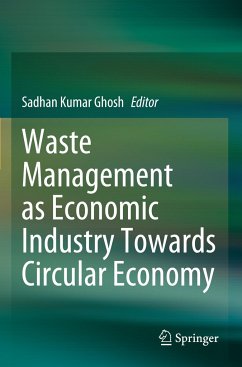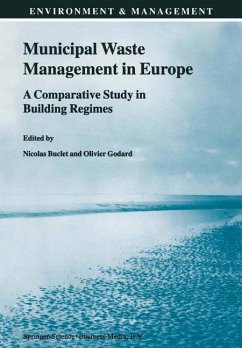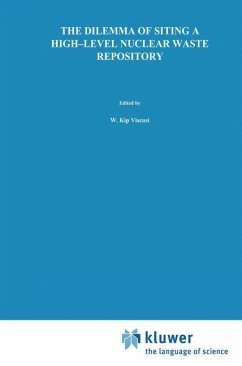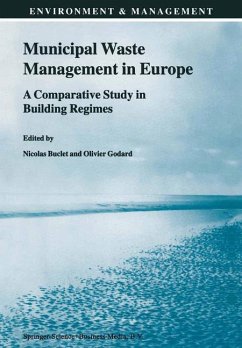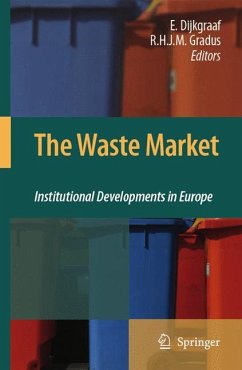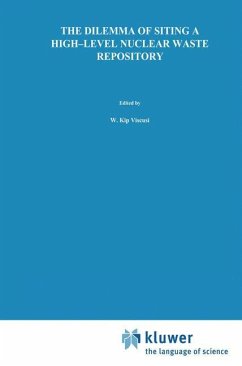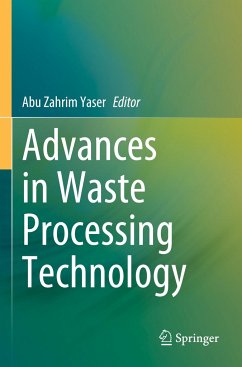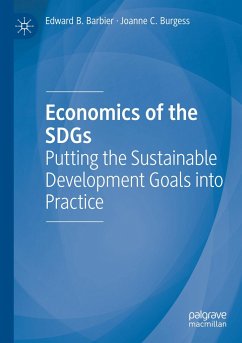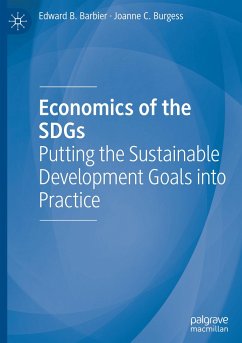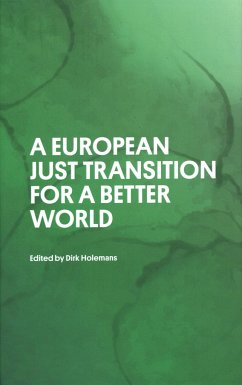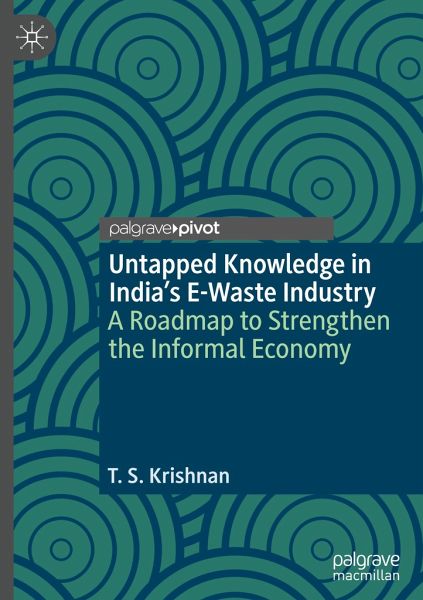
Untapped Knowledge in India's E-Waste Industry
A Roadmap to Strengthen the Informal Economy
Versandkostenfrei!
Versandfertig in 6-10 Tagen
34,99 €
inkl. MwSt.
Weitere Ausgaben:

PAYBACK Punkte
17 °P sammeln!
This book focuses on the economic, political, and cultural factors that make up India's "informal processors," which are the highly networked, multi-generational systems that reuse, repurpose, and otherwise dispose of 80% of India's electronic waste. The research includes insight from more than ninety interviews with forty-nine key stakeholders working within India's e-waste processing industry.This vital resource explores the complexities of the e-waste industry, and it comprehensively explains the importance of developing context-specific solutions that leverage the inherent strengths of inf...
This book focuses on the economic, political, and cultural factors that make up India's "informal processors," which are the highly networked, multi-generational systems that reuse, repurpose, and otherwise dispose of 80% of India's electronic waste. The research includes insight from more than ninety interviews with forty-nine key stakeholders working within India's e-waste processing industry.
This vital resource explores the complexities of the e-waste industry, and it comprehensively explains the importance of developing context-specific solutions that leverage the inherent strengths of informal processors. The resulting resource offers a counterpoint to mainstream arguments that dismiss the value of expertise from informal processors.
This vital resource explores the complexities of the e-waste industry, and it comprehensively explains the importance of developing context-specific solutions that leverage the inherent strengths of informal processors. The resulting resource offers a counterpoint to mainstream arguments that dismiss the value of expertise from informal processors.





